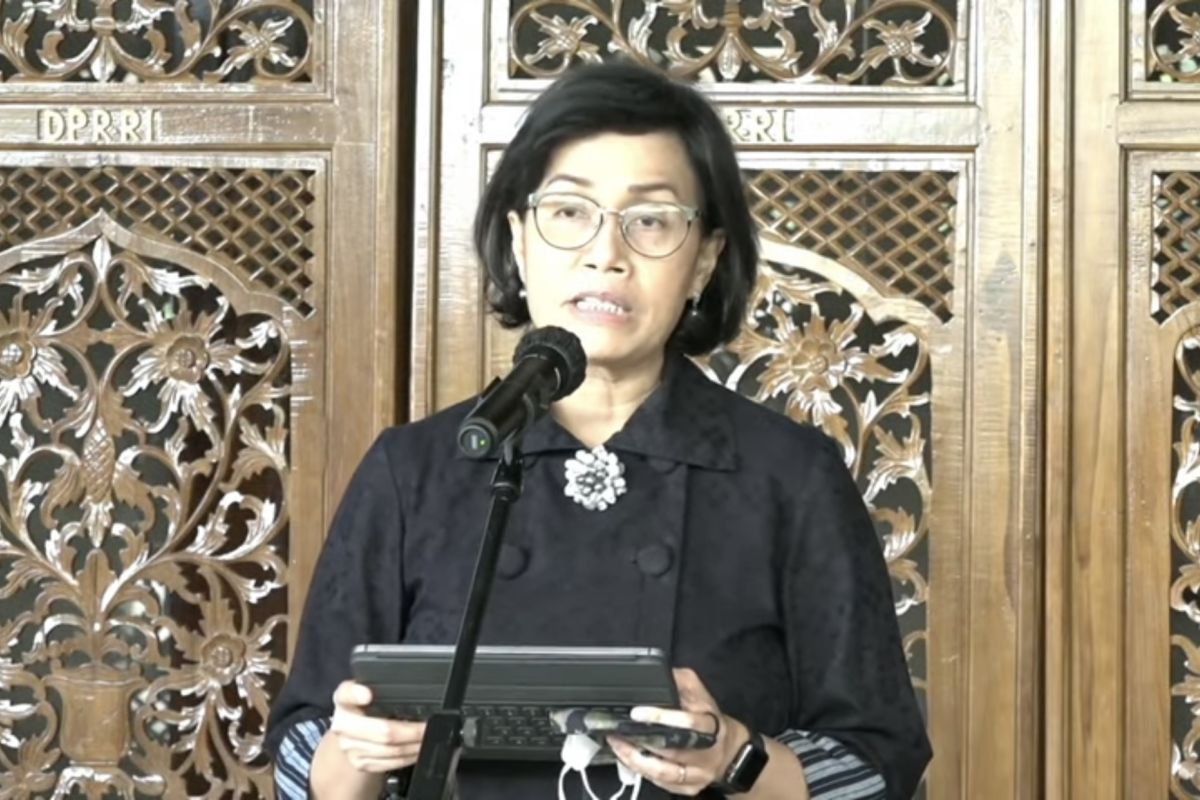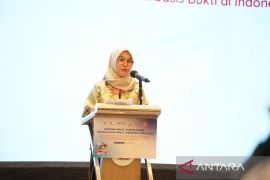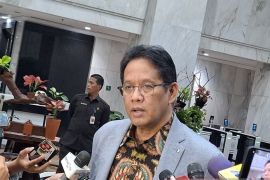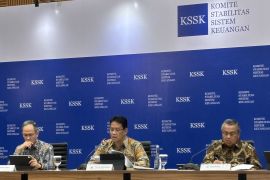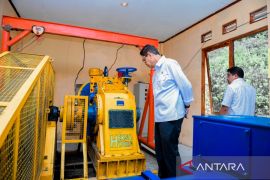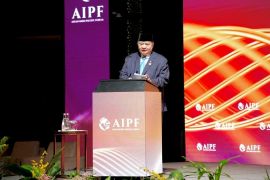"The main points of macro and fiscal policies next year will be different from the previous year for various reasons," the minister stated at the House of Representatives (DPR) Plenary Meeting regarding the submission of the Macroeconomic Framework (KEM) and the Principles of Fiscal Policy (PPKF) of the 2023 State Budget Plan in Jakarta on Friday.
Indrawati later explained that the 2023 KEM and PPFK were prepared on the basis of conditions in the country that was entering the transition phase to an endemic period.
In addition to economic growth, the government proposes a range of other macroeconomic indicators that are used as the basic assumptions for the preparation of the 2023 State Budget Plan.
These macroeconomic indicators include inflation next year that is in the range of two percent to four percent, the rupiah exchange rate of Rp14,300 to Rp14,800 per US dollar, and the 10-year sovereign debt papers (SBN) interest rate of around 7.34 percent to 9.16 percent.
The other indicators are the price of Indonesian crude oil at US$80 to US$100 per barrel, oil lifting at 619 thousand to 680 thousand barrels per day, and gas lifting at 1.02 million to 1.11 million barrels of oil per day.
The minister emphasized that the dynamics related to rising inflation, interest costs, and world monetary tightening must be responded to with appropriate fiscal discipline.
Hence, the fiscal policy in 2023 is designed to be able to respond to the dynamics of the economy, respond to challenges, and support the achievement of development targets optimally.
Moreover, the process of strengthening the national economic recovery must also be maintained to strengthen the economic foundation and accelerate the rate of economic growth, she stated.
In addition, efforts to accelerate more inclusive economic growth are important to achieve medium- and long-term development goals to free Indonesia from the middle-class trap.
The minister affirmed that the government will strengthen the structure of the national economy and the level of national productivity through accelerating economic transformation.
The acceleration of the structural reform agenda after the COVID-19 pandemic will be conducted by improving the quality of human resources, infrastructure development, as well as bureaucratic and regulatory reform.
Related news: Development of MSMEs paramount to boosting economic growth: Minister
Strengthening education, health, and social protection programs are also crucial in addressing economic fundamental issues, including the low level of national productivity.
"The increase in productivity is also accelerated to strengthen the supply side," she remarked.
The strengthening of downstream manufacturing, adoption of the digital economy, and the development of a green economy are believed to be sources of new growth in the future.
Support for the sustainability of the manufacturing industry will spur the development of domestic products that have higher added value and are able to compete in the global market, she noted.
Related news: Expect digital finance to spur national economic growth: VP
Translator: Astrid Faidlatul H, Resinta S
Editor: Rahmad Nasution
Copyright © ANTARA 2022
